
10 Kid Reads to Spark the Holiday Spirit
Reading is great for kids especially during the holidays. A Child’s Hope has a few book favorites our families have shared, add these to all the traditional titles.

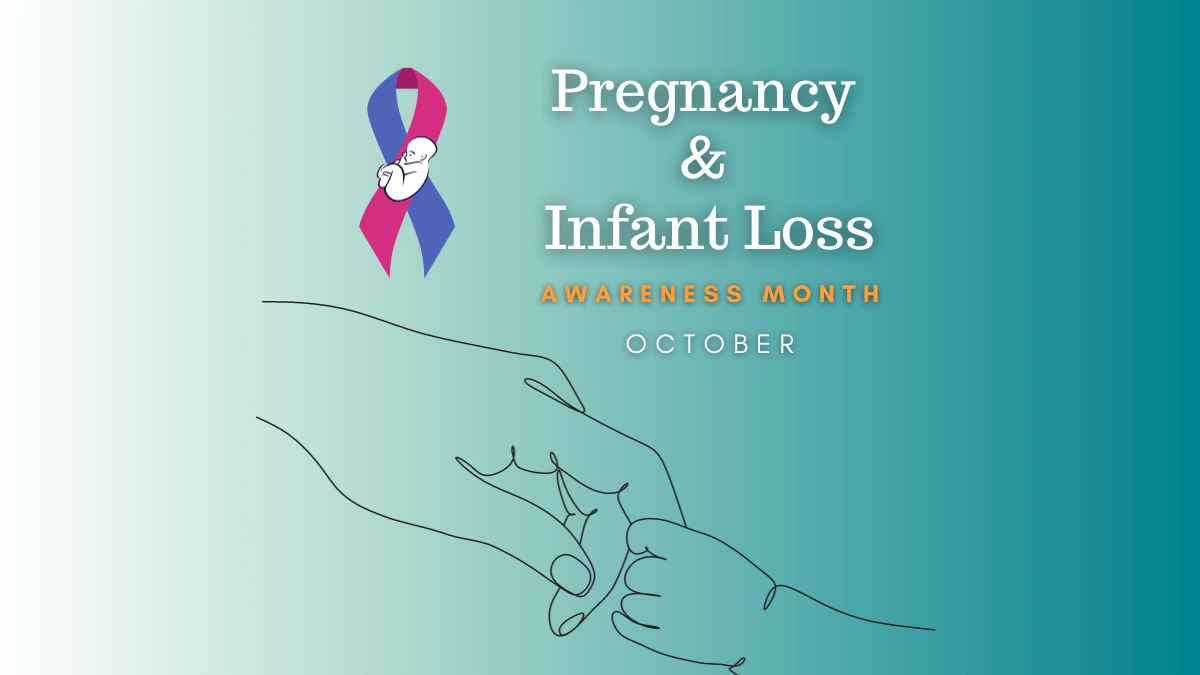




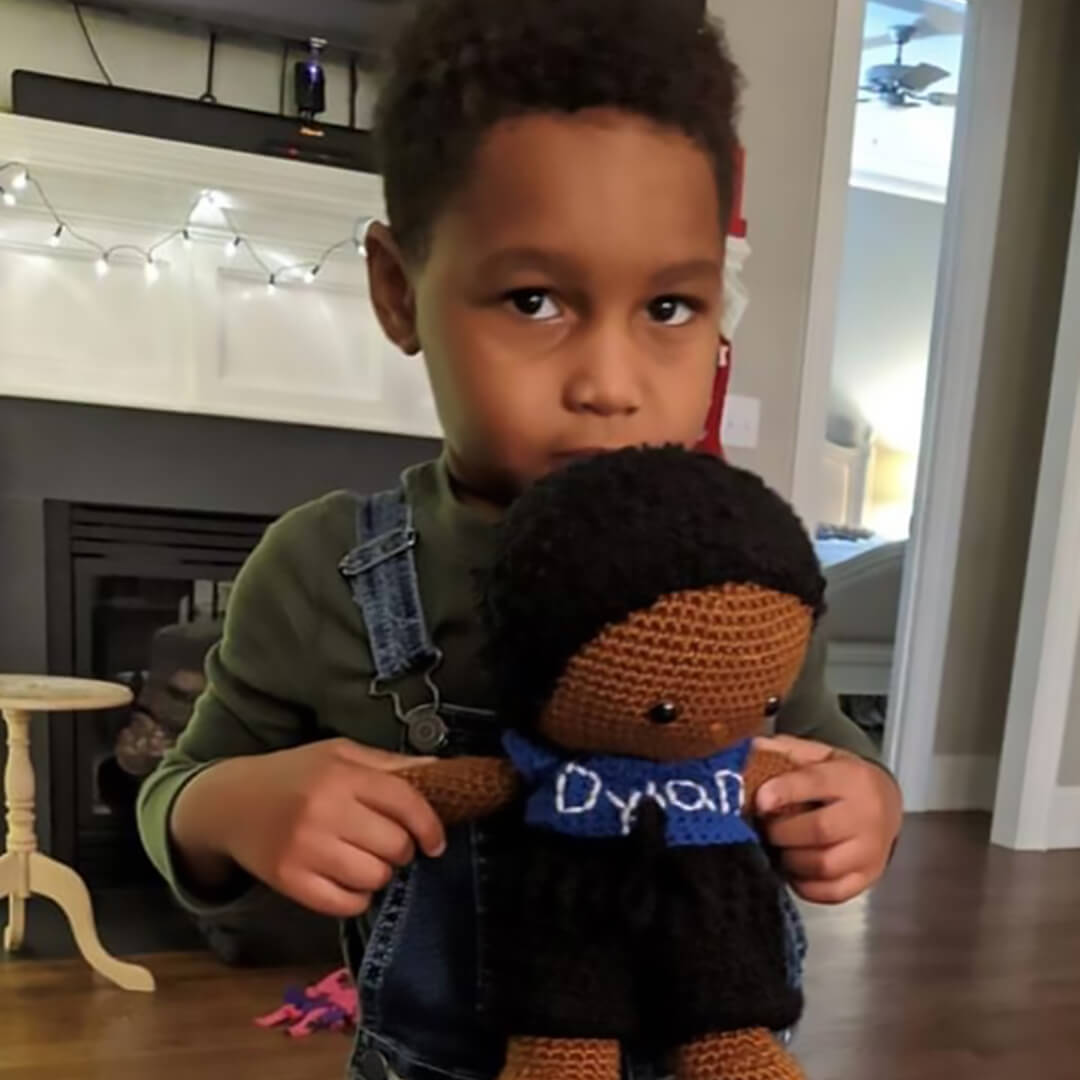
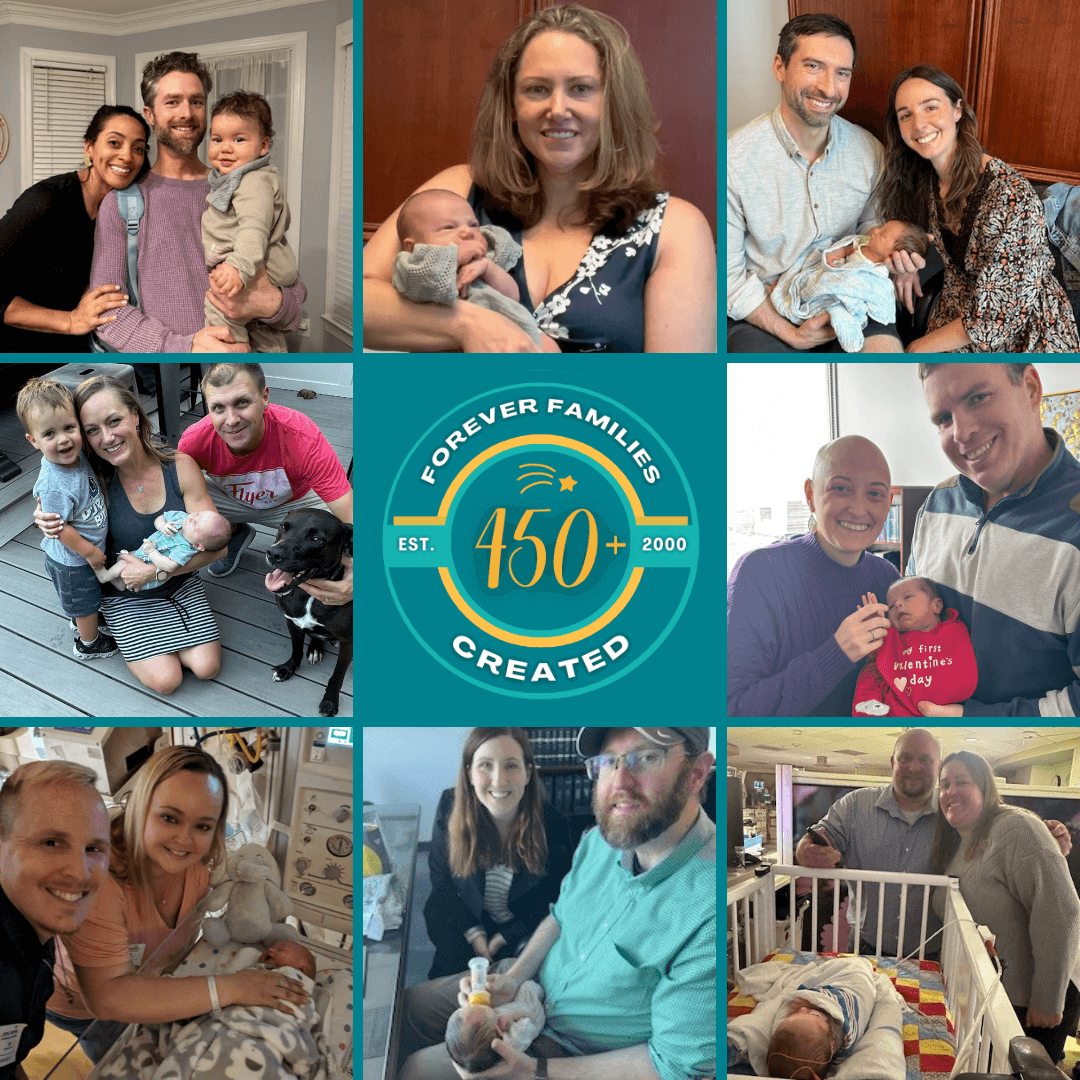
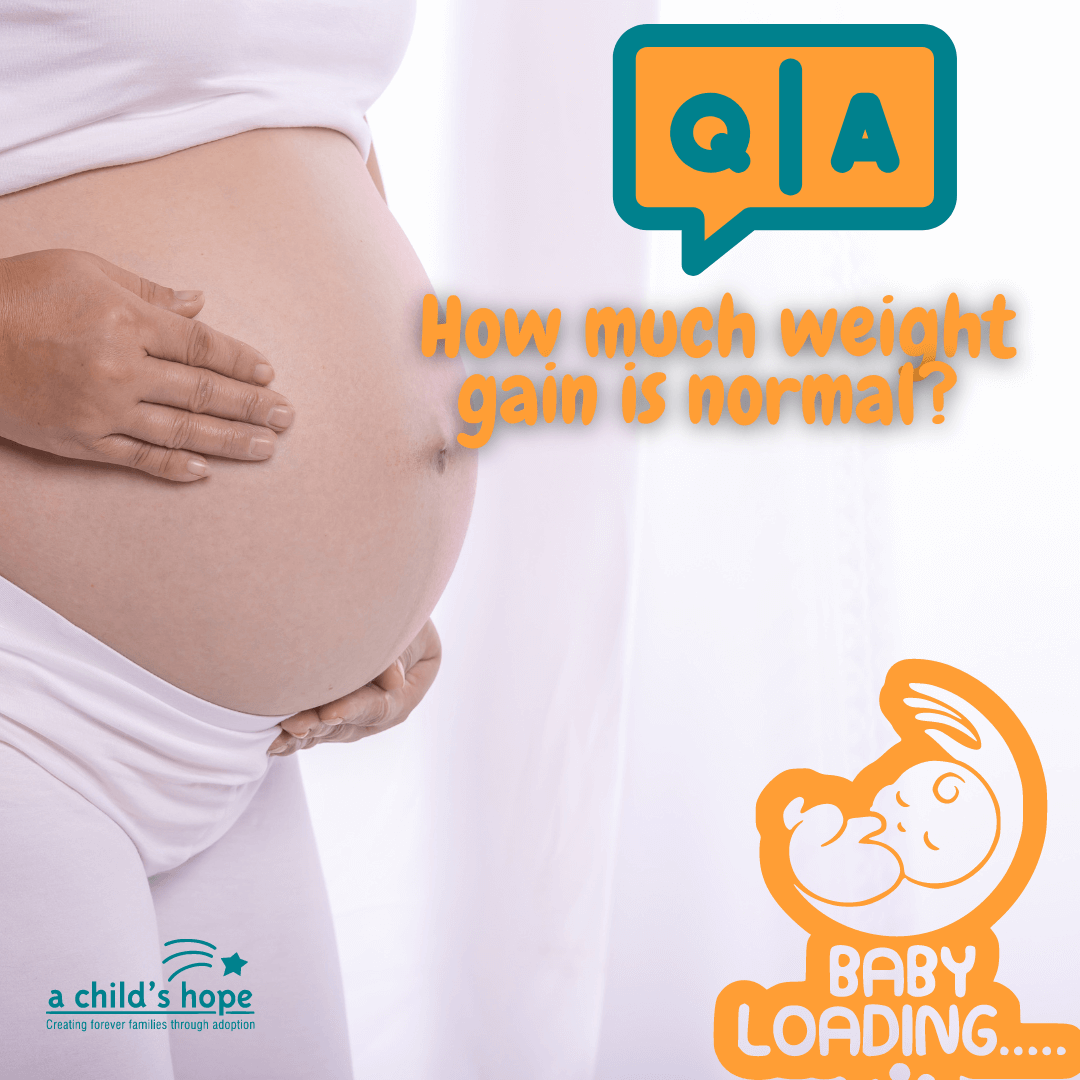
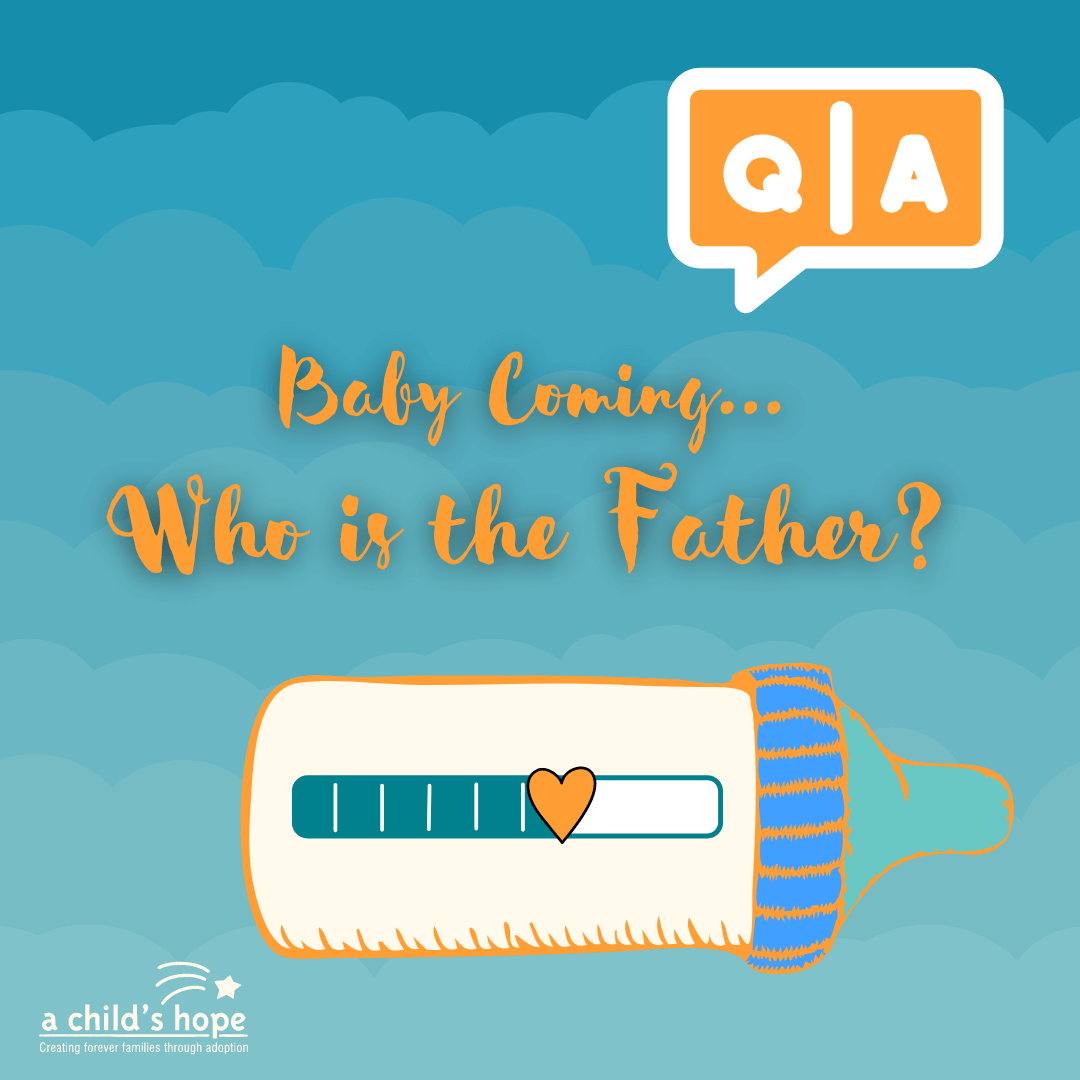

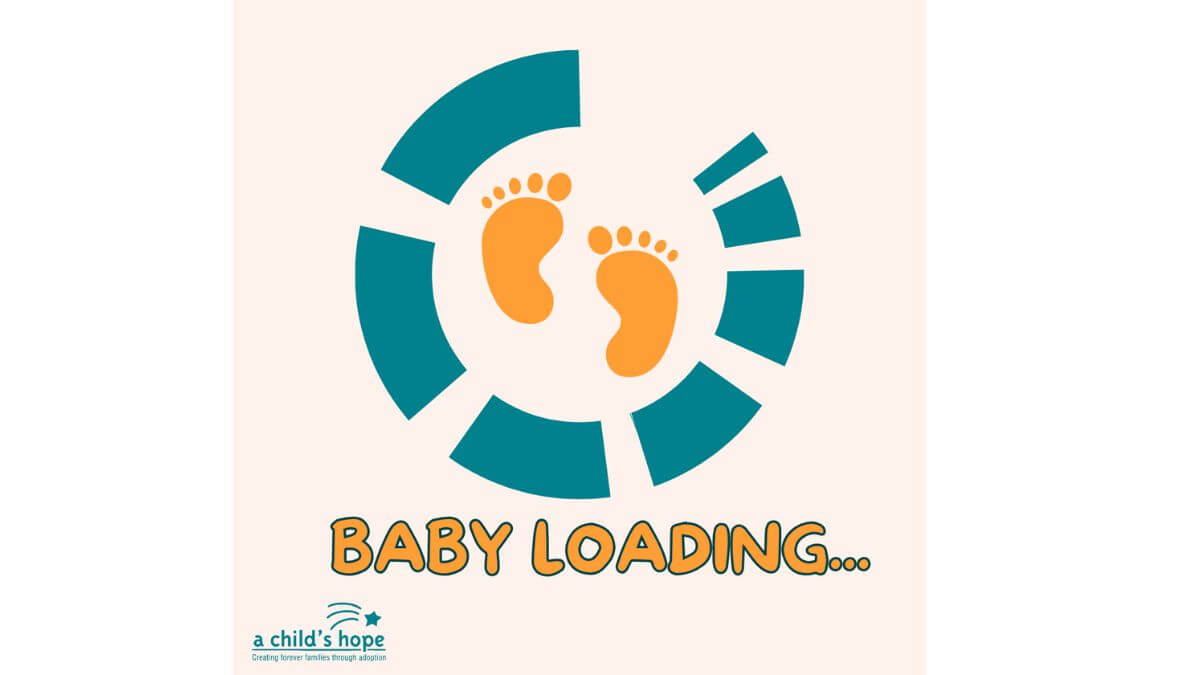
Speak with one of our adoption counselors.
Call or text the Pregnancy Hotline 24/7
Get guidance on opportunities & next steps.
Our office is open in Raleigh, NC.
© 2026 A Child's Hope. All Rights Reserved.
Please select the first day of your last period
Your last period date: